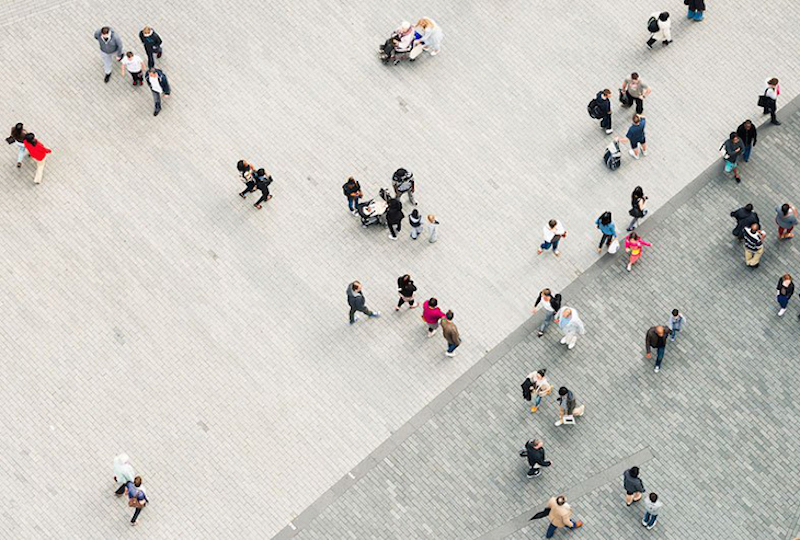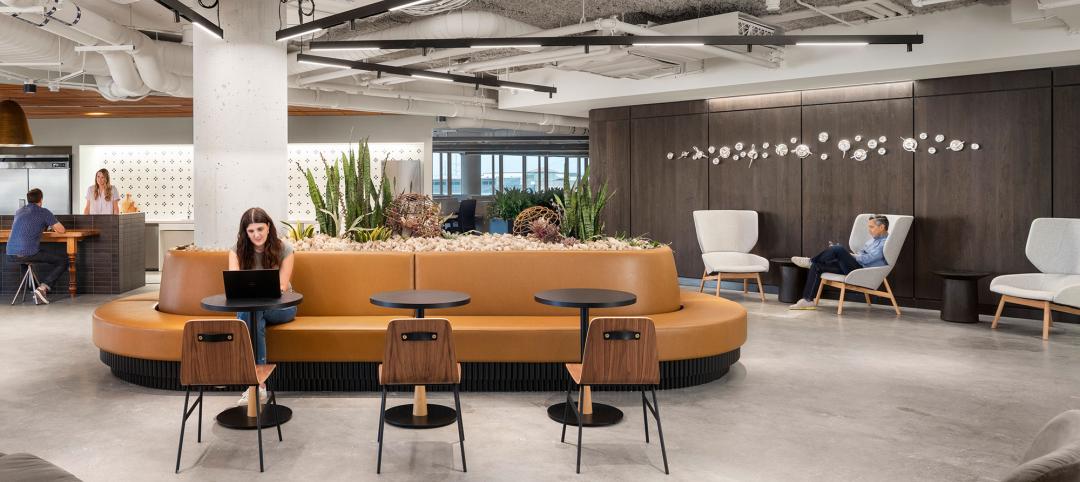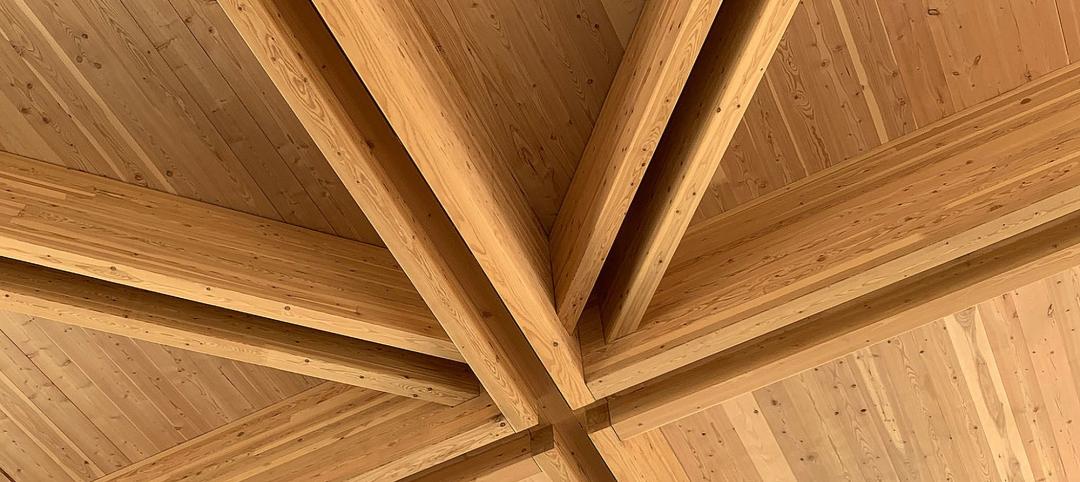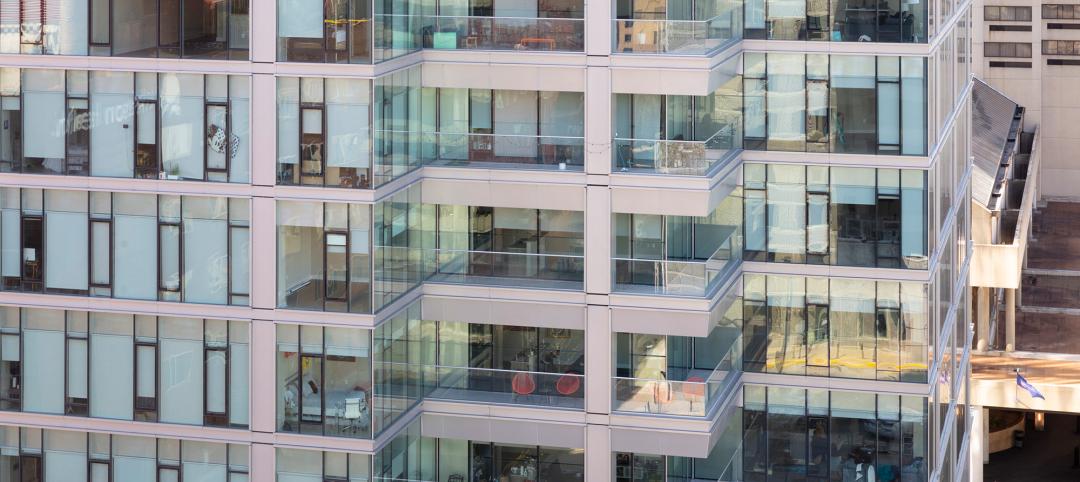Benjamin Franklin once said there are only two things certain in life: death and taxes. Well, I’d like to add a third one: change. Change is inevitable and it impacts on everything, not least on the way we design. Over the past 60 years, we have seen a rise in consumer culture, individualism and globalisation. As a result, modern societies are becoming more complex and trickier to understand.
So, as designers (or for that matter anyone with a product or service to market), how do we truly begin to understand these changes in order to develop solutions that truly meet people’s needs? Well, to start with, we need to move away from traditional demographics, which are now far from adequate.
Recently, Gensler took part in The Sleep Set design competition at Sleep 2016 (which we went on to win), to create a guestroom experience that pushes boundaries and explores new ideas for the future. The theme explored The Science of Tribes, a topic that really spoke to us.
The tribes in question and the science behind them have been developed by research and consulting institute Sinus. Aiming to make a multidimensional world easier to understand, Sinus grouped together people who are similar in their approach to life, value orientation and social situation, as well as those who demonstrate similar lifestyles and likings.
The non-hotel hotel
Having been assigned the ‘Digital Avant-Gardes' it soon became apparent that we were working with a contradiction. Would our tribe even stay in a hotel? Probably not. They would likely prefer alternative forms of accommodation over a traditional hotel; they appreciate the homeliness, flexibility, value and locality of these places.
So we did what we do best… we deconstructed. We focused our discussions on who these people really are and what they look for. As the discussion evolved key features started to appear: family, friends and good quality food seemed to be really important; technology that kept them connected to love ones, such as Facetime and the ever-vital charger, was highly valued. We needed to create an experience that was experimental and unscripted, highly sociable, community focused and creative.
Ask the right questions
Some of the questions we started to ask ourselves included: Could the hotel be for the community, as well as the guests? Could a hotel offer workshop space for local artists and makers in exchange for running a course occasionally? Could there be aspects within the concept that were based on a peer-to-peer economy? Could they have a repository for DIY tools that the community can rent out for people who rent in the area? Could a communal kitchen be stocked with the basics? Could they access a carpool or rentable bikes if they want to explore the city or beyond? Could the products you use also be bought from a local shop? Could visitors experience the city alongside people who live here?
The mentality of our tribe is flexibility equates to convenience; they want to be able to get up late, cook their own breakfast and not feel constrained by a hotel’s routine. As ideas developed, the search for a concept that met these criteria became apparent. What these people are looking for is somewhere that has character; a place where the staff are well-equipped with local knowledge to host guests and meet a variety of their different needs, as well as the surrounding community’s needs.
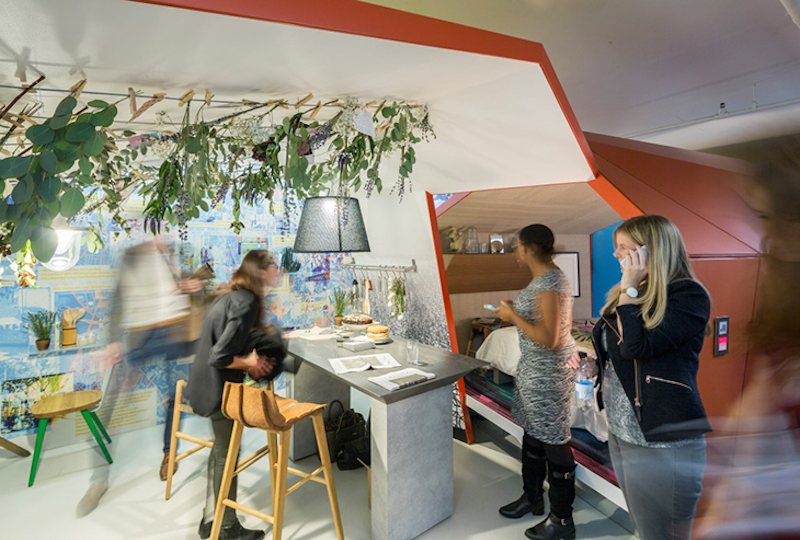 Gensler’s award-winning concept for the Digital Avant-Garde tribe for The Sleep Set 2016 competition. Image © Rueben Derrick.
Gensler’s award-winning concept for the Digital Avant-Garde tribe for The Sleep Set 2016 competition. Image © Rueben Derrick.
Our concept is a platform for the community itself: for local illustrators, weavers, potters, joiners, jewellers, makers, leather workers, writers, graphic designers and others. This is not a static environment. By sharing ideas, experimenting and working together, the hotel will develop with the community. We wanted to create a journey of brief encounters, true stories and found sounds. We wanted to encourage the inquisitive—being open to all that our surroundings have to offer; to forage for the good, bad or peculiar.
To the future…
We don’t believe our Sleep Set concept is a finished solution. It’s the start of a conversation, not just about the future of hotel design, but about the future of design. As designers in the built environment, we have a great responsibility to the communities, cultures and individuals we design for. It’s up to us, regardless of which tribe we’re designing for, to really understand how people lead their everyday lives, and how they think and feel, to offer progressive, intelligent solutions that do justice to the vast array of human values and lifestyles.
Claire Richmond is a senior associate and highly accomplished interior designer in Gensler’s London office. Her work reflects her passion for creating inspiring environments that are sensitive to their context and communities. Contact her atClaire_Richmond@gensler.com.
More from Author
Gensler | Oct 21, 2024
3 surprises impacting the return to the office
This blog series exploring Gensler's Workplace Survey shows the top three surprises uncovered in the return to the office.
Gensler | Jun 26, 2024
5 ways ESG can influence design and create opportunities
Gensler sustainability leaders Stacey Olson, Anthony Brower, and Audrey Handelman share five ways they're rethinking designing for ESG, using a science-based approach that can impact the ESG value chain.
Gensler | May 20, 2024
10 spaces that are no longer optional to create a great workplace
Amenities are no longer optional. The new role of the office is not only a place to get work done, but to provide a mix of work experiences for employees.
Gensler | Apr 15, 2024
3 ways the most innovative companies work differently
Gensler’s pre-pandemic workplace research reinforced that great workplace design drives creativity and innovation. Using six performance indicators, we're able to view workers’ perceptions of the quality of innovation, creativity, and leadership in an employee’s organization.
Gensler | Mar 13, 2024
Trends to watch shaping the future of ESG
Gensler’s Climate Action & Sustainability Services Leaders Anthony Brower, Juliette Morgan, and Kirsten Ritchie discuss trends shaping the future of environmental, social, and governance (ESG).
Gensler | Feb 15, 2024
5 things developers should know about mass timber
Gensler's Erik Barth, architect and regional design resilience leader, shares considerations for developers when looking at mass timber solutions.
Gensler | Jan 15, 2024
How to keep airports functional during construction
Gensler's aviation experts share new ideas about how to make the airport construction process better moving forward.
Gensler | Dec 18, 2023
The impacts of affordability, remote work, and personal safety on urban life
Data from Gensler's City Pulse Survey shows that although people are satisfied with their city's experience, it may not be enough.
Gensler | Nov 16, 2023
How inclusive design supports resilience and climate preparedness
Gail Napell, AIA, LEED AP BD+C, shares five tips and examples of inclusive design across a variety of building sectors.
Gensler | Oct 16, 2023
The impact of office-to-residential conversion on downtown areas
Gensler's Duanne Render looks at the incentives that could bring more office-to-residential conversions to life.

